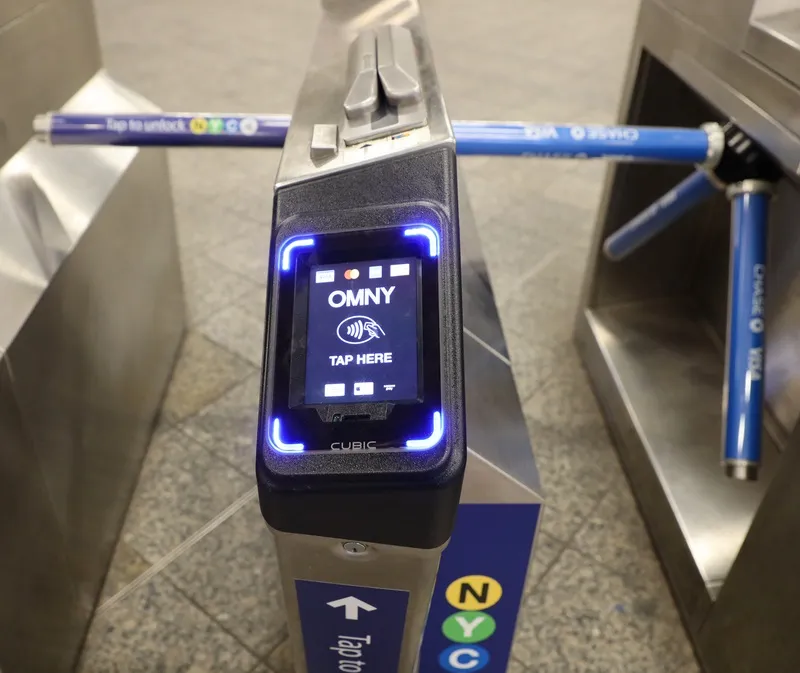The forum discussed how declining revenues must be bridged by fair and equitable measures to fund increased demands for mobility and that different taxation models are required for the public to buy into needed change. In addition, plans need to be simply expressed and clearly communicated while tackling the complexities of gaps in infrastructure funding, toxic emissions and climate change.
Speakers pointed to a recent study by the UK National Infrastructure Commission which claimed that distance based charging and congestion measures would bring more reliable journeys and improve national productivity.
Public-private co-operation was also addressed by the group who highlighted a need to share information so that disruptive market developments can be integrated alongside legacy schemes to deliver timely mobility improvements while countering the risk of unintended negative consequences.
Keith Mortimer, chair of the Road User Charging Group said, “Environmental objectives make emissions-free driving essential, but the demand for mobility will only increase. The transition to road pricing is under way, offering positive outcomes that respect the legitimate aspirations of all stakeholders. Effective governance will capitalise on innovation to enhance economic performance and social well-being.”
Jennie Martin, ITS (UK) secretary general, added: “Working together, our specialists have identified key challenges facing transport and offered solutions and advice to help policy makers justify the necessary changes. Once again our collective expertise has helped tackle a difficult issue giving leadership to the industry.”
ITS (UK): Shift to emissions free vehicles will make road network funding unsustainable
Shortfalls in fuel tax caused by moving to emissions-free vehicles will make current ways of funding road networks unsustainable, according to a joint forum between ITS (UK) Road User Charging Interest Group and ITS Ireland hosted by Aecom, Dublin. The group consisted of policy makers, toll operators, payment providers and highway users from seven European countries.
November 30, 2017
Read time: 2 mins
Shortfalls in fuel tax caused by moving to emissions-free vehicles will make current ways of funding road networks unsustainable, according to a joint forum between ITS (UK) Road User Charging Interest Group and 7075 ITS Ireland hosted by 3525 Aecom, Dublin. The group consisted of policy makers, toll operators, payment providers and highway users from seven European countries.









